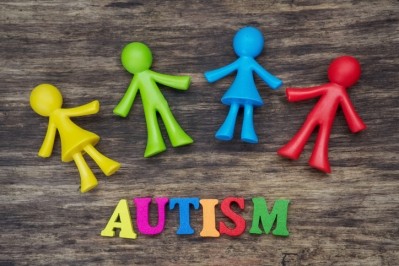Gut bacteria impacts intestine and behaviour in IBS patients

The researchers said aspects of IBS that faecal transplant could provide benefit to included gastrointestinal transit and intestinal barrier dysfunction.
In addition, low grade inflammation; and anxiety-like behaviour exhibited changes as a result of this approach.
“This study moves the field beyond a simple association, and towards evidence that changes in the microbiota impact both intestinal and behavioral responses in IBS,” said Giada De Palma, the study’s first author and research associate with the Farncombe Family Digestive Health Research Institute.
The connection between IBS and anxiety serves to provide more evidence of the gut-brain axis – the biochemical signalling that takes place between the gastrointestinal tract (and the gut flora) and the central nervous system.
In this study that was supported by Nestle Switzerland, McMaster University researchers transferred microbiota via faecal transplants from IBS patients with or without anxiety into germ-free mice.
The mice proceeded to develop changes in intestinal function and behaviour similar to the donor IBS patients.
These observations were in comparison to mice that were transplanted with microbiota from healthy mice.
The team concluded that results could mean ‘pre- or probiotic treatment, may be beneficial in treating not only intestinal symptoms but also components of the behavioural manifestations of IBS.’
They also added that intestinal microbiota may play some role in the spectrum of brain disorders ranging from mood or anxiety to other problems that may include autism, Parkinson's disease and multiple sclerosis.
Nevertheless they thought that further work was needed to further understand the link between these disorders and the gut flora.
Source: Science Translational Medicine
Published online ahead of print: DOI: 10.1126/scitranslmed.aaf6397
“Transplantation of faecal microbiota from patients with irritable bowel syndrome alters gut function and behaviour in recipient mice.”
Authors: Giada De Palma et al.















